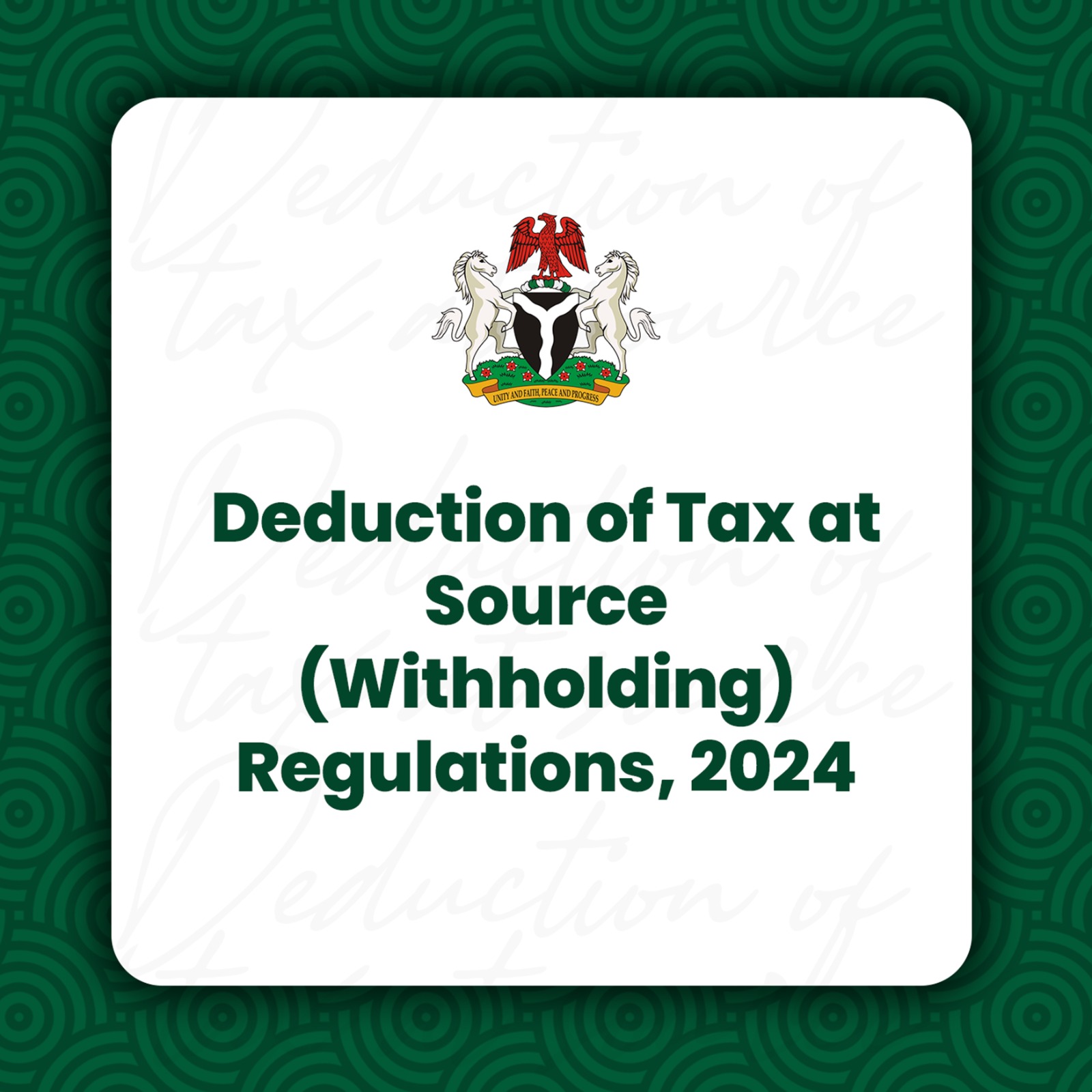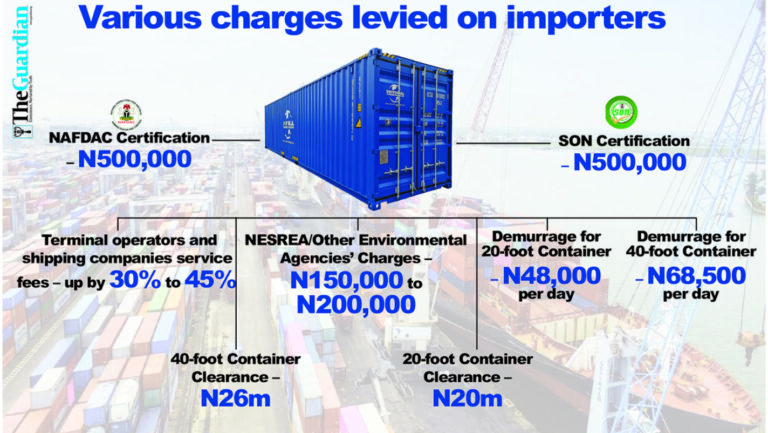
By Taiwo Oyedele
Background
Withholding tax was introduced into the Nigeria tax system in 1977 to serve as an advance payment of income tax on specified transactions. It was designed to provide the government with regular revenue flow and to serve as a means of curbing tax evasion.
Challenges
As the regime expanded over time to cover more transactions, various ambiguities and complications crept in. This resulted in many businesses, especially SMEs, being exposed to excessive burden of compliance and a strain on the working capital of low-margin businesses.
Other unintended consequences include:
1) Ambiguities regarding persons required to comply, eligible transactions, applicable rates, and timing of the obligation for remittance, among others.
2) Treatment of the deduction as a separate tax, thereby adding to the list of multiple taxes and cost of doing business.
3) Challenges regarding obtaining refunds for excess withholding tax.
4) Lack of exemption threshold making the cost of compliance by taxpayers and cost of enforcement by the tax authority uneconomical.
5) Some emerging and contemporary issues are not properly addressed.
6) The overall structure of the withholding tax regime promoted tax inequity.
Key changes
As part of the ongoing fiscal policy and tax reforms, a new withholding tax regime has been approved. The key changes introduced are to address the identified challenges and specifically include:
1) Exemption of small businesses from Withholding Tax compliance
2) Reduced rates for businesses with low margins
3) Exemptions for manufacturers and producers such as farmers
4) Measures to curb evasion and minimise tax avoidance
5) Ease of obtaining credit and utilisation of tax deducted at source
6) Changes to reflect emerging issues and adopt global best practices
7) Clarity on the timing of deduction and definition of key terms
The approved regulation is expected to be published in the official gazette in the coming days.


